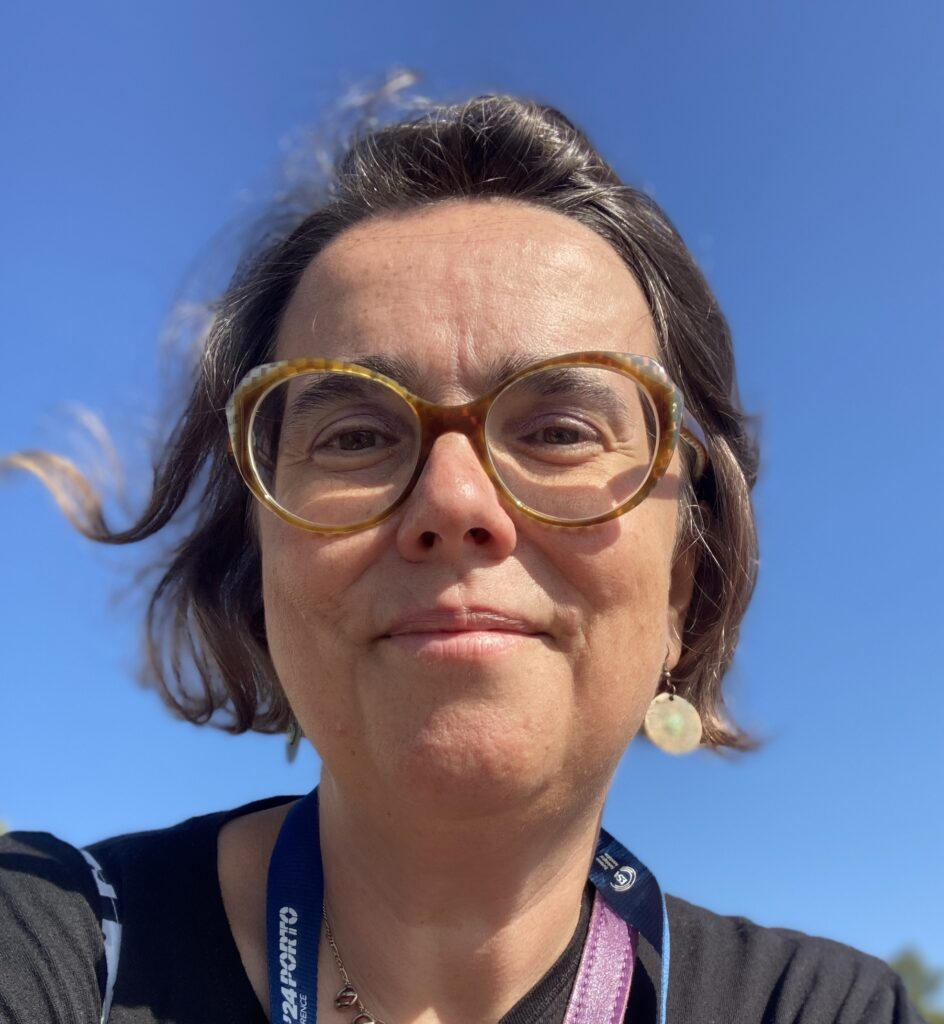
Micol is an Associate Professor of Sociology at the University of Bergamo. For several years she has been teaching and applying in her scholarship methods based on the interweaving of different forms of expression – artistic, embodied, mundane, visual, written, … – in the whole process and itinerary of social research. She works with the CMW to explore the lived experience of emotions in (and around) academic contexts, curious and concerned about the potential of the collective in social research in its many forms. Recently, Micol initiated CREMEZINE, the fanzine of the Creative Methods Open Lab, an interdisciplinary research group of which she is a committed co-founder and enthusiastic facilitator. Micol contributes on the editorial boards of Action Research and of the Journal of Participatory Research Methods.
Email: micol.pizzolati@unibg.it
Zine as a narrative of a collective memory work project
My contribution draws from a collective memory work project I designed, organised and facilitated in the summer 2023 with researchers from different social science fields, and on a way of narrating that project. I will present how making a zine is a mode of telling an experience of collective memory work; I will also create an opportunity and an incentive for the session’s attendees to design and create their own zine about their encounters with collective memory work.
The aim of my project was fostering a reflective dialogue about the experiences and challenges of involving participants in arts-based participatory qualitative research, and as we were based in different countries, we organised a workshop to take place online, to discuss our memories. By sending them a document with instructions and prompts, I asked colleagues to write a text in advance about a memory of an experience that was significant for them in relation to engaging participants for research, describing in detail how things went. Something happened that I did not expect: one colleague contributed a memory that was clearly off topic. His text was a passionate account about being a newcomer, wanting to find friends, joining an amateur football team and thinking very carefully about what to wear for the first match. To my surprise, this off topic narrative nevertheless contributed to nourish the group discussion and collective reflection on vulnerability and emotion, as two characteristic components of fieldwork.
This peculiar situation, which at first made me fear embarrassment among the participants and then it turned out to be a beneficial thing for the project, inspired me to create a zine as a creative, non-traditional technique of storytelling about the life of a collective memory work project. The paper zine is called ‘Off Topic’ and is made in a folded format that allows it to be read either as an open sheet or folded into a small booklet, touching on certain aspects of doing collective memory work such as (a) the messiness of recalling memories from a variety of experiences; (b) the power of the unexpected in a collaborative and reflective process; (c) the potential of the approach for exploring feelings and emotions.
In the first part of the session, I present my zine and give space for a discussion on the issues it contains. The second part features the distribution of blank folding templates to the audience with a kit of advice and food for thought, to encourage participants to create during the session their own zine about distinctive and compelling aspects of their experiences with collective memory work. At the end, there will be a moment to gather the impressions of audience on their approach to the use of this method of storytelling and presentation. My contribution aims overall to offer and share insights for reflexivity about a collective memory work project.